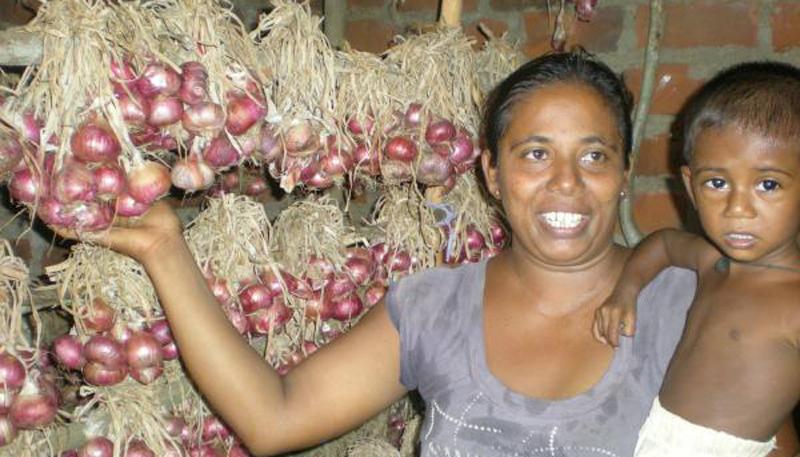
A special implementation support mission of the United Nations International Fund for Agricultural Development (IFAD), led by Dr. Tarek Kotb (Program Manager for Sri Lanka), has been launched to support the Smallholder Tea and Rubber Revitalisation Project (STaRR) and Smallholder Agribusiness Partnership Program (SAPP) that are financed by the IFAD.
IFAD is a specialised agency functioning as a development partner to eradicate rural poverty in countries where it operates. IFAD has been active in Sri Lanka since the 1970s and supported initiatives such as the Smallholder and Landless Farmers Project, various rural development projects, and the development and launch of special financial services in the banking sector, such as the remittance asset build up product with the Hatton National Bank, which continues to operate almost ten years after its launch.
The mission team includes Dr. Rauno Zander (International expert in rural finance) with the Presidential Secretariat (Dr. Yasantha Mapatuna, Director of the SAPP) and the Ministry of Plantation and Industries (Director of STaRR, Janaka Amarasinghe).
The delegation had discussions with officials of the Central Bank and public banks (Hatton Bank, Bank of Ceylon, Rural Development Bank, Commercial Bank, Sanasa Development Bank and Cargills Bank, the NGO Secretariat and the Association of Microfinance Institutions, on how to come to a commonly agreed consensus to facilitate and accelerate financial support to poor rural farmers and entrepreneurs, including women and youth, especially the unemployed. $ 30 million financed by IFAD will be available to support pro-poor partnerships between farmers (producers) and public enterprises.
IFAD has supported 18 projects in Sri Lanka at a cost of $ 558 million, of which IFAD financing comprised $ 283 million. The projects benefited approximately 615,000 rural households by improving their productive assets, access to markets and finance, incomes, livelihoods, and recovery from the civil war and tsunami crisis.
The mission agreed with the country’s financial institutions and stakeholders to review lending procedures and diversify farmers’ partnerships with the private sector, promoting more rural partners and agricultural products, including pepper, cinnamon, milk and dairy products.
About 90,000 households are expected to benefit from the two ongoing projects, SAPP and STaRR, in particular credit line financing. Target projects beneficiaries will improve their food security and incomes and strengthen their resilience to climate changes, economic and social declines.
